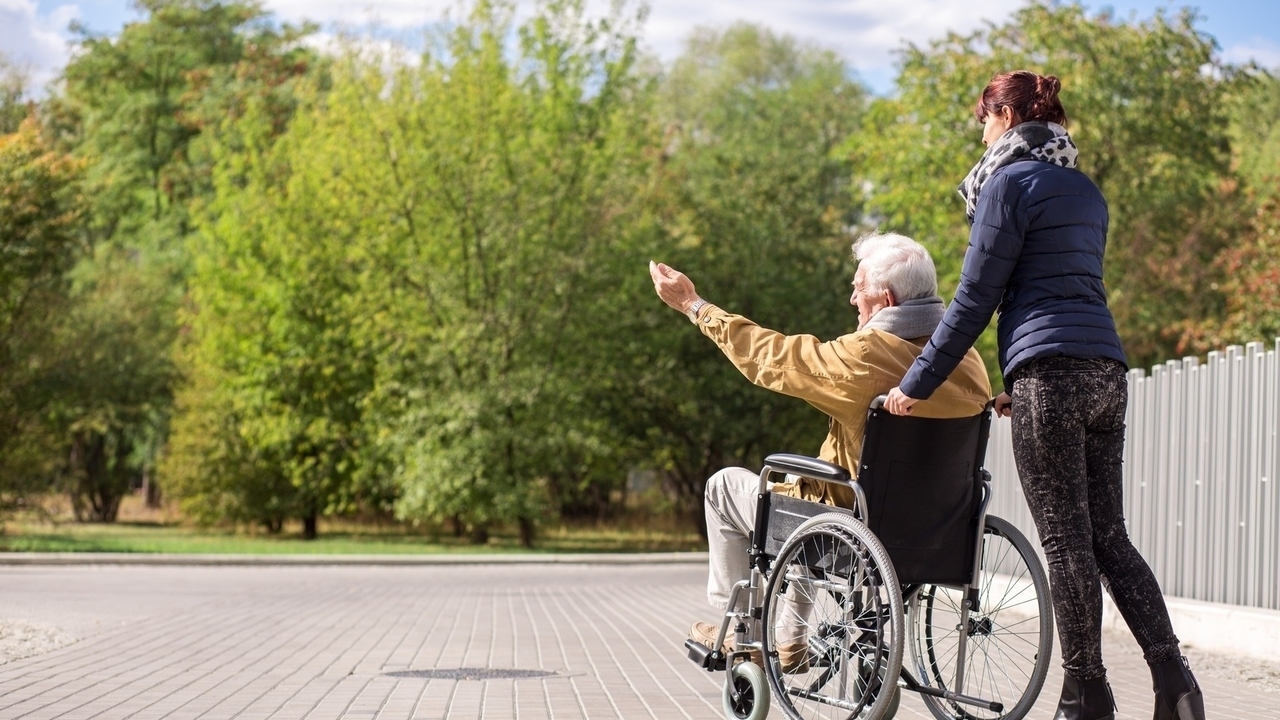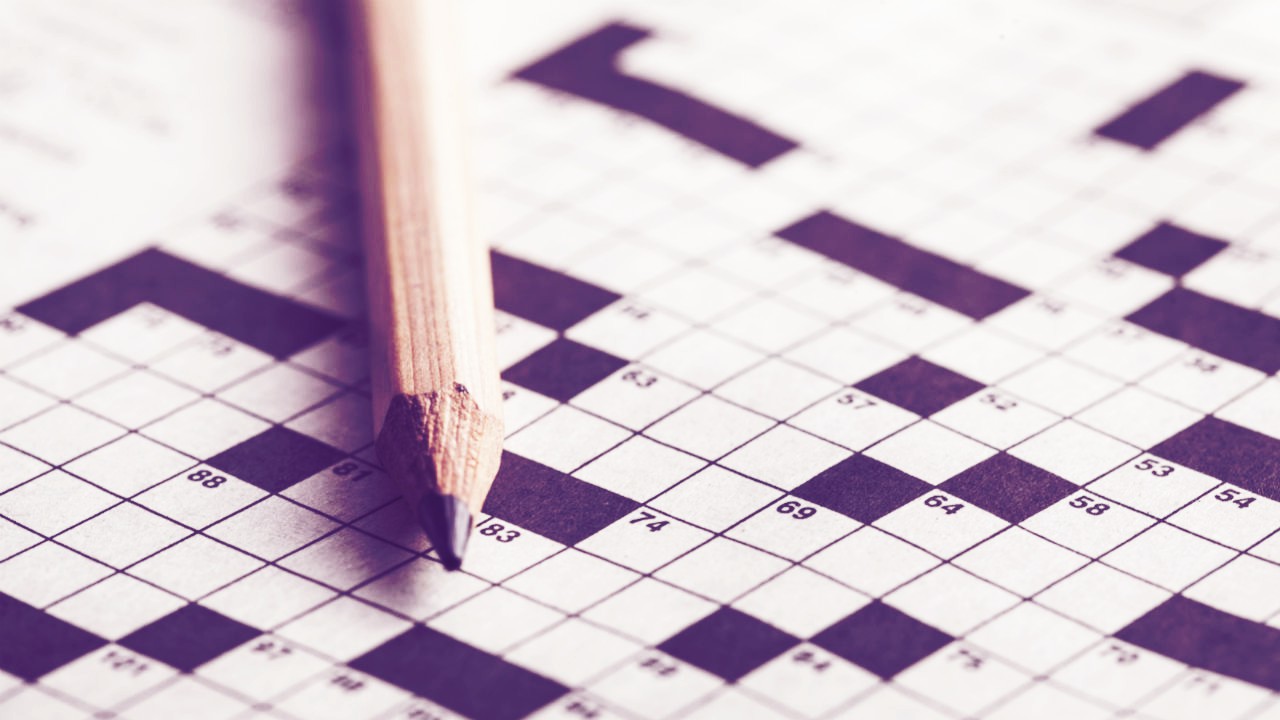Senior Women: Work Your Body, Work Your Mind with Cardio and Strength
 Auremar/PhotoSpin
Auremar/PhotoSpin
As women age they should pick up some weights and also get moving for a brisk walk, according to a recent Canadian study. That is the type of activity that could help you “keep the doctor away.” The study as featured on ScienceDaily.com was conducted at the University of British Columbia and Vancouver Coastal Health Research Institute and focused on women between the ages of 70-80.
The six-month study compared two groups of nearly 100 female participants who were either doing a combination of strength training and walking outdoors, or balance and toning exercises.
According to the online journal PLOS One which published the article, “Resistance training and aerobic training result in health care cost saving and are more effective than balance and tone classes after only 6 months of intervention. Resistance training is a promising strategy to alter the trajectory of cognitive decline in seniors with Mild Cognitive Impairment (MCI).”
Study leaders wanted to measure the diminished health care costs associated with MCI as a result of specific types of training. Researchers featured on PLOSOne.org said, MCI is often a precursor to Alzheimers and dementia. “Mild cognitive impairment (MCI) represents a critical window to intervene against dementia.”
The site laid out the daunting statistics of the condition. “Cognitive decline is one of the most prominent health care issues of the 21st century. Worldwide, over 35 million people have dementia and one new case is detected every four seconds. The number of people affected is projected to be over 80 million by 2040.”
Study leader Jennifer Davis told ScienceDaily.com, "We found that those who participated in the cardio or weight training program incurred fewer health care resources -- such as doctor visits and lab tests -- compared to those in the balance and toning program."
Researchers based their conclusions on the health care costs of each participant. They used questionnaires collected both mid-study and at the study's conclusion.
The participants in the weight/cardio group did each activity twice-weekly for a total of four exercise sessions. Those in the balance/toning group did that discipline twice weekly.
A study earlier this year published in the Journal of Aging from the University of British Columbia, also arrived at a similar conclusion.
According to ScienceDaily.com, researcher Teresa Liu-Ambrose said, "While balance and toning exercises are good elements of an overall health improvement program, you can't 'down-dog' your way to better brain health."
Sources:
“Cardio and Weight Training Reduces Access to Health Care in Seniors – ScienceDaily.com.” Science Daily. Web 21 May 2013.
http://www.sciencedaily.com/releases/2013/05/130514185340.htm
“An Economic Evaluation of Resistance Training and Aerobic Training versus Balance and Toning Exercises in Older Adults with Mild Cognitive Impairment – PLOSONE.org.” PLOS One.Web 21 May 2013.
http://www.plosone.org/article/info%3Adoi%2F10.1371%2Fjournal.pone.0063031
Joanne Sgro-Killworth is a Television Fitness Expert, Certified Personal Trainer and Sport Nutritionist. She is Certified in Pilates, Pre-natal/Post-Partum, Yoga and Senior Fitness. She specializes in Weight Loss, Post-Rehab and Post Cancer Training.
Joanne's fitness plans and recipes are available globally on her website www.fitnessanswer.com/ She resides in the Phoenix, AZ area with her husband and son, where she runs her personal training business, Fitness Answer, LLC.
Reviewed May 27, 2013
by Michele Blacksberg RN
Edited by Jody Smith






Add a CommentComments
There are no comments yet. Be the first one and get the conversation started!